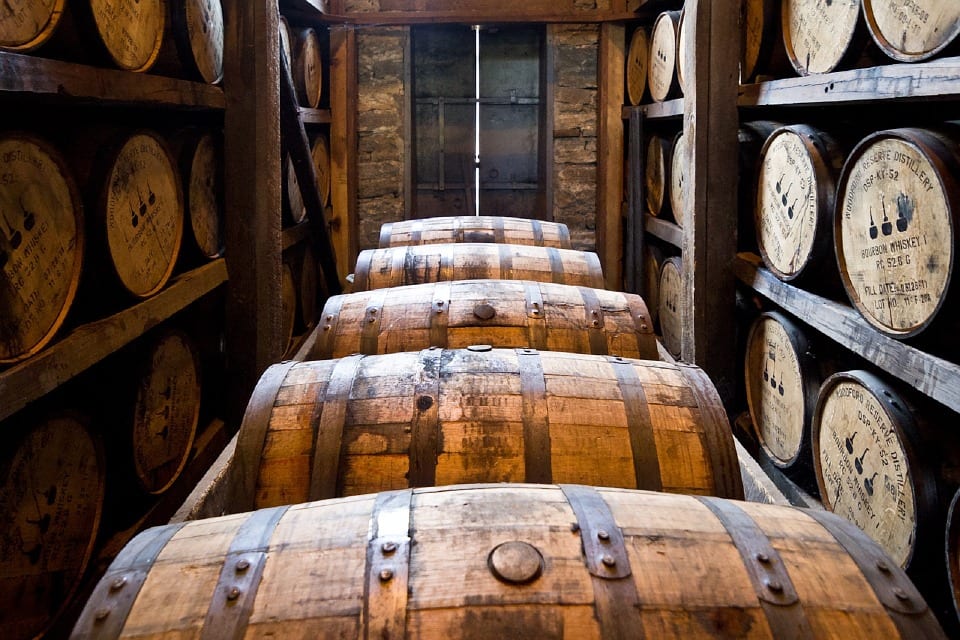Personally, I like it all, but sometimes it’s nice to have a party trick up your sleeve, right? So the next time someone tries to get all snooty and explain the difference between Scotch, whiskey, and bourbon when it’s supposed to be a fun night out, you can just put up your hand and say “I know.”
Isn’t that the purest reason for reading things like this on the internet?

Image Credit: Pixabay
Yes. Right. Here we go.
First, all bourbons are whiskeys, but not all whiskeys are bourbon. So how does one qualify?
It turns out it’s the law. The Federal Standards of Identity for Bourbon (I’m not sh*tting you) stipulates that to qualify as a bourbon, a whiskey’s mash must contain at least 51% corn, must be distilled at 160 proof or less, put into a barrel at 125 proof or less, must not contain any additives, and must also be aged in a new charred oak barrel.

Image Credit: Pixabay
As for Scotch, the difference is largely geographic, ingredients, and spellings.
Scotch is a whisky made in Scotland, while bourbon is whiskey made in the U.S.A. (typically in Kentucky). The former is made largely from malted barely and the latter from corn. In the U.K. you’ll probably be served a Scotch if you order whisky (unless you’re in Ireland), and here in the States, you might get local varieties like Tennessee whiskey, which has been filtered through sugar maple charcoal after distillation.

Image Credit: Pixabay
The there’s rye whiskey (a favorite of mine), which is distilled from at least 51% rye, and Canadian whisky, which has a rather fluid ingredient list.
There are other small differences and fluctuations between special blends and brands, but those are the basics. You’re all set for your next cocktail party!






